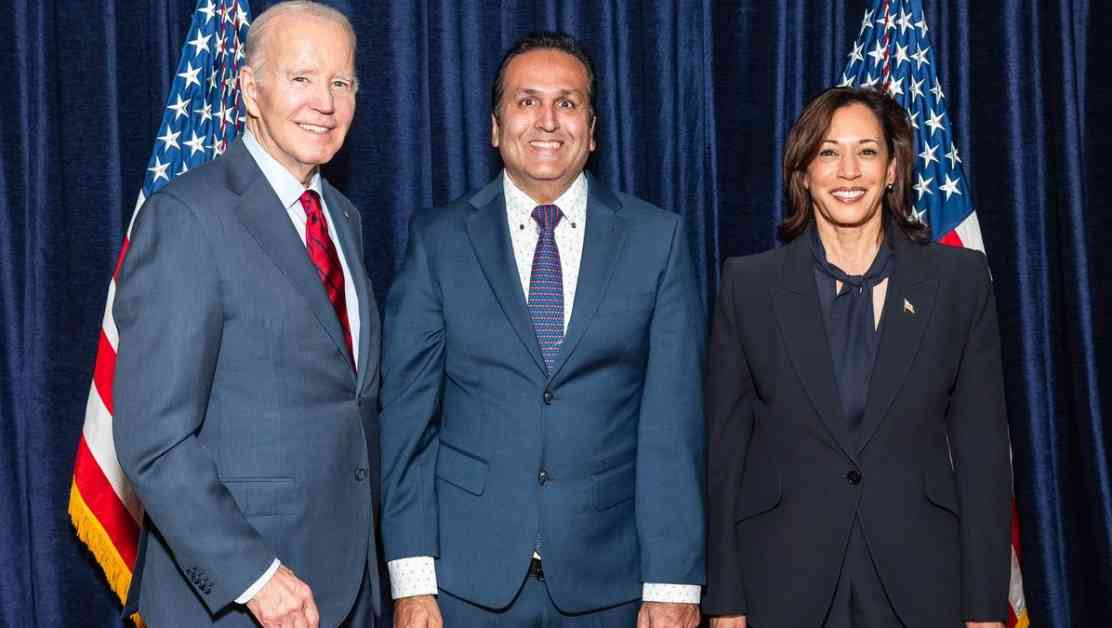As a top fundraiser in Kamala Harris’ 2024 campaign, Ajay Bhutoria shared his insights on the campaign’s strengths and weaknesses. Despite raising over $1 billion, the campaign fell short in the election, signaling a need for the Democratic Party to re-engage with key demographics.
The campaign was praised for its clear and optimistic vision for America’s future, focusing on unity, pragmatic solutions, and inclusivity. However, it failed to resonate with working-class voters who felt neglected by the party. Issues such as economic hardship, rising living costs, crime, and immigration took center stage, pushing many voters towards the Republican Party.
Key ethnic communities like Indian Americans, Asian Americans, and Muslim and Arab Americans also felt disillusioned with the Democratic Party’s messaging. Concerns about immigration reform, job opportunities, and rising living costs led these communities to shift their support towards Trump.
The campaign’s reliance on celebrity endorsements and big-money donors did not bridge the gap between the party and everyday Americans struggling with economic challenges. The disconnect between elite fundraising and voter concerns highlighted the need for a more grounded approach to address critical issues like the economy, immigration, and rising crime rates.
The campaign’s focus on cultural issues and divisive rhetoric also alienated many voters, especially in suburban and rural areas. The party’s messaging on identity politics failed to unite the electorate and deepen the cultural divide in the country. Younger voters, in particular, felt that the party had become intolerant and out of touch.
Strategic decisions like the selection of Tim Walz as Harris’ running mate also did not maximize the party’s reach in key swing states. The campaign missed an opportunity to solidify its presence in states where every vote counted, potentially impacting the election results.
Ultimately, Trump’s victory can be attributed to his focus on addressing the concerns of working-class voters, who felt ignored by the political establishment. His promises of restoring law and order, securing the border, and reviving the economy resonated with voters looking for tangible solutions to their immediate needs.
Looking ahead, the Democratic Party must reflect on the 2024 election results and re-evaluate its approach to engaging with working-class voters, communities of color, and key ethnic groups. Addressing issues like inflation, crime, immigration, and economic opportunity directly will be crucial for the party to regain its footing and lead the country forward in the future.














